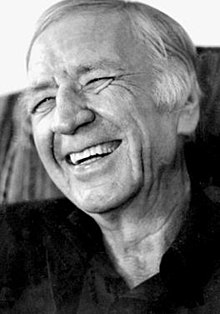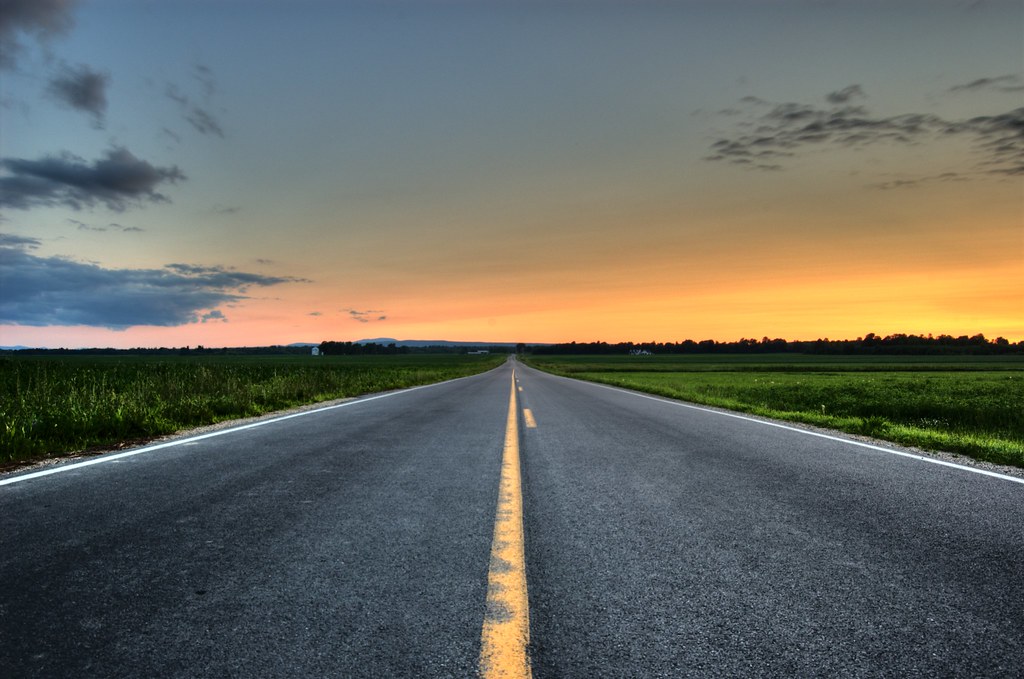
Rick and Morty is one of the best shows I've ever seen. A ridiculous sci-fi comedy that also has a ton of heart, Rick and Morty is the brainchild of creators Dan Harmon (creator of Community) and Justin Roiland (who voices both title characters). It follows the adventures of mad scientist Rick Sanchez, an alcoholic misanthrope, and his grandson Morty Smith, a 14-year-old regular seeming kid. The rest of the family often gets roped into some things too, or are just on their own great stories. Beth (Sarah Chalke) and Jerry (Chris Parnell) have a crumbling marriage, while their daughter Summer (Spencer Grammer) is a pretty typical 17 year old girl. The stories range from exploring weird alien lands, to accidentally fracturing time, cloning, hopping into infinite alternate dimensions (or sometimes watching the TV from those infinite parallel universes), alien parasites burrowing into memories, and oftentimes a b-story of Jerry and Beth's failing relationship that manages to be both sad and hilarious.

One of my favorite things about the show is how it explores a lot of traditional sci-fi concepts, like alternate universes and things like that, with both a humorous and playful side but also a real emotional weight to it. Morty and Summer hate that their parents are always fighting, and part of the reason they want to go with Rick on his adventures is to get away from their crazy parents. Jerry and Beth got pregnant in high school and married because of that, staying together "for the kids" but hate each other for it. Still, over time their relationship has developed and they do really care for one another. Beth's anger at not achieving the career goals she had (she's a horse doctor who dreams of being a surgeon who operates on people) and Jerry's timid mediocrity (mixed with a misplaced sense of self importance) often inform hilarious stories, and it isn't depressing like it may sound.

But the key relationship that drives the show and keeps me coming back again and again (I must've watched all 21 episodes four or five times now) is between Rick and Morty. Rick is the smartest man in the universe, while Morty is naive and good hearted but not exactly Einstein. Rick is constantly half drunk (or often full drunk), and Morty has to navigate the outlandish worlds and creatures Rick has them stumble into. Occasionally those creatures even turn out to be Rick's and Morty's from other dimensions. Rick really cares about Morty even if it acts like he doesn't (at one point even using math to prove to Morty and Summer that Grandpa Rick thinks they're pieces of shit).

In addition to the great regular voice cast, there are also a ton of terrific guest voices on the show. Keegan-Michael Key and Jordan Peele (Key & Peele) play time cops, Tom Kenny (Spongebob Squarepants) plays a pedophile jellybean, Alfred Molina plays the Devil (who Rick calls "honky ass motherfucker"), Jemaine Clement (Flight of the Conchords) plays a singing gaseous creature, Christina Hendricks plays a hive mind planet of people that Rick dates (while Patton Oswalt is a rival hive mind jealous of the attention Rick gets), Stephen Colbert plays a scientist who is almost as smart as Rick, John Oliver as Rick's partner in an scheme trying to set up an amusement park inside the human body (with Dana Carvey as the voice of the body, in a Fantastic Voyage/Jurassic Park type episode), Werner Herzog is an alien giving a speech about humanity's dick obsessed humor, and many more.

We also meet characters like Rick's best friend Bird Person, old family friend Mr. Poopy Butthole, genetic experiment Abradolf Lincler (where Rick combined the DNA of Lincoln and Hitler in an attempt to make a superior leader), and so many other great one off characters that you just want to revisit soon.

Influenced by shows like The Simpsons, Futurama, and Doctor Who (directly parodied/homaged in the title music, which also has a hint of X-Files to it, now that I think about it), Rick and Morty goes right alongside those brilliant shows. There are belly laughs, chuckles, and everything in between in every single episode. With only 11 episodes in the first season and 10 in the second, there are no filler episodes. Each one is killer. The season two finale has one of the best uses of pop music I've ever seen in a show, as Nine Inch Nails' "Hurt" is played to underscore exactly where Rick is at, and I won't spoil anything more than that.

So if you haven't seen this brilliant show, please remedy that quickly. The only downside can be the length between seasons, as season two ended in October of 2015 and we have yet to receive even air dates for season three. That said, it's one of the great shows and I'll wait as long as it takes to get more episodes.

























